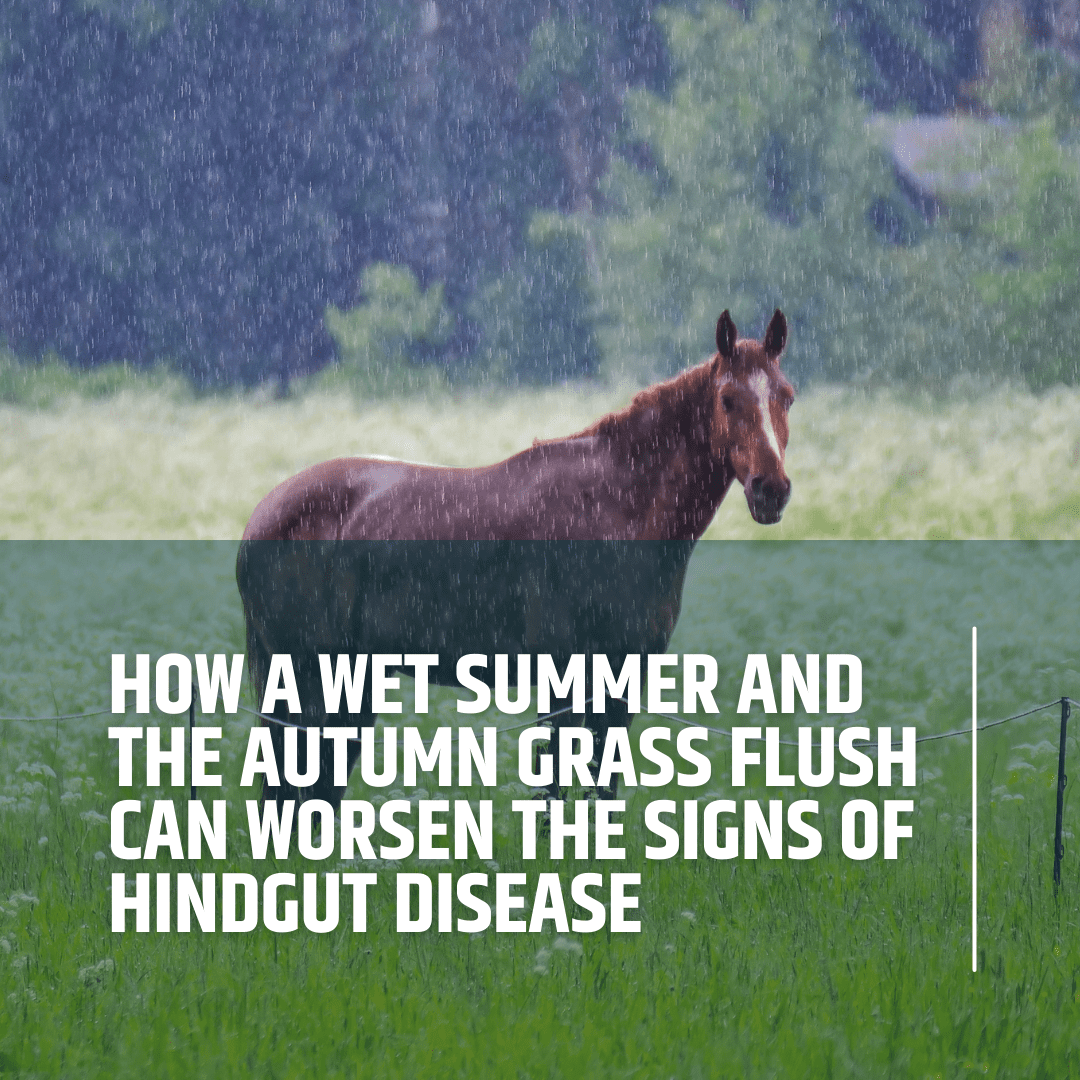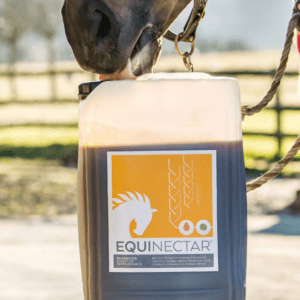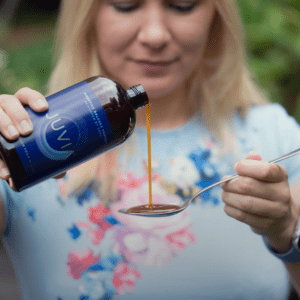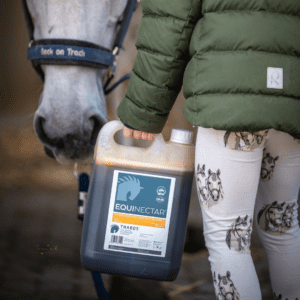01
Introduction
The unpredictable nature of the UK weather has taken a toll on horse health this year, with a wet summer and subsequent lush autumn growth exacerbating the risks of hindgut disease. In this article, we delve into how the unusual weather patterns have influenced fructan levels in pastures, the implications for equine hindgut health, and practical strategies for horse owners to mitigate these risks.
02
The Unusually Wet Summer
Traditionally, a hot and dry summer in the UK would result in slower grass growth and reduced fructan accumulation. However, 2023 defied these norms with persistent rainfall, leading to a spike in fructan levels, a type of carbohydrate that horses cannot efficiently digest. When fructans reach the hindgut, they can lead to rapid fermentation, causing a drop in pH and potentially damaging the hindgut lining.
Proactive Management
Given these circumstances, horse owners have had to remain particularly vigilant, closely monitoring their horses’ diets, adjusting grazing practices, and seeking expert advice to navigate through these challenges and protect their horses' digestive health.
03
The Autumn Grass Flush
The wet summer has set the stage for an autumn flush of lush grass, high in fructans and sugars, and low in fibre - conditions that are far from ideal for equine hindgut health. This new growth, while abundant, can further contribute to the risks of hindgut disease if not managed properly.
Targeted Grazing Strategies
Effective management of grazing access has become crucial. Horse owners are encouraged to implement strategies such as limited grazing times, strip grazing or track systems, using grazing muzzles, and supplementing with high-fibre forage to help maintain a balanced diet and support digestive health.
04
Comprehensive Strategies for Hindgut Health
Facing the ongoing challenge of high fructan levels requires a holistic approach and commitment to best practices in horse care.
Diet, Supplements, and Expert Advice
It can be helpful to move the horse slowly to new pastures, feed them a balanced, high-fibre diet, and think about using supplements like EquiNectar, which is a natural source of digestive enzymes like fructanase. EquiNectar helps break down fructans in the small intestine. This reduces the quantity of fructans arriving undigested in the hindgut. If you have any health concerns with your horse, please consult your vet.
05
Conclusion
The wet conditions since March have brought about significant challenges for horse owners in the UK, markedly increasing the risks of hindgut disease due to high fructan levels in pastures. Through vigilant management, strategic grazing practices, careful dietary planning, and the consideration of supportive supplements, horse owners can navigate through these challenges and safeguard their horses’ digestive health during these unusual times.
ABOUT EQUINECTAR
Description
EquiNectar® is a natural feed supplement, that is scientifically proven to:
- Re-balance your horse’s gut bacteria
- Help your horse maximise benefits from its feed
- Improve your horse’s condition
More information
EquiNectar® is produced by Tharos Ltd in the UK. It is a natural source of digestive enzymes and contains only the following ingredients:
- Our patented enzyme rich malt extract
- Medium chain triglycerides (from coconut oil)
- Potassium sorbate
For more details of the enzymes within EquiNectar® take a look at the ingredients and enzymes page.
How to feed
Simply add EquiNectar® to your horse's daily feed, using the Feeding Rate chart to determine the correct amount.
For detailed instructions about how to introduce EquiNectar, please read the comprehensive Feeding Guide page.






